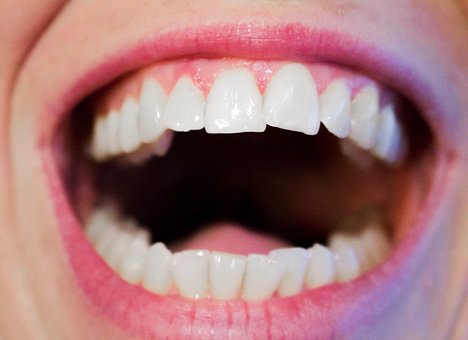Your tooth enamel is the hardest substance in your body, yet it’s surprisingly vulnerable to daily wear and tear. Acidic foods, poor oral hygiene, and certain habits can slowly erode this protective layer, leading to sensitivity and decay. While enamel can’t regenerate once it’s completely gone, you can strengthen and protect what remains through natural methods that support remineralization and oral health.
One of the most effective ways to restore enamel strength naturally is by improving your diet. The minerals that your enamel needs—like calcium and phosphate—can be replenished through nutrient-rich foods. Dairy products such as milk, cheese, and yogurt are excellent sources of calcium, while leafy greens, almonds, and sesame seeds can also contribute to stronger teeth. Phosphorus, found in fish, eggs, and lean meats, plays a key role in repairing minor enamel damage.
Limiting acidic and sugary foods is equally important. Beverages like soda, citrus juices, and energy drinks can strip away enamel over time. Instead, opt for water or green tea, which help maintain a neutral pH in your mouth. If you do consume acidic foods, rinse your mouth with water afterward and wait at least 30 minutes before brushing—this prevents brushing softened enamel away.
Natural remineralization can also be supported by maintaining a healthy saliva flow. Saliva is your body’s natural defense against enamel erosion, as it neutralizes acids and delivers essential minerals to your teeth. To boost saliva production, stay hydrated throughout the day, chew sugar-free gum, or snack on fibrous fruits and vegetables like apples and carrots.
Oil pulling, an ancient Ayurvedic practice, is another gentle and effective method to protect enamel. Swishing coconut oil in your mouth for about 10–15 minutes can help reduce harmful bacteria and support gum health, which indirectly benefits enamel integrity.
Incorporating fluoride-free, remineralizing toothpaste made with ingredients like hydroxyapatite or calcium carbonate can also make a difference. These natural compounds mimic the mineral structure of enamel, helping to fill in microscopic weak spots and create a smoother, more resilient surface.
Lastly, don’t underestimate the power of consistent oral hygiene. Brushing twice a day with a soft-bristled toothbrush, flossing daily, and avoiding harsh whitening products can all protect your enamel from further wear. Regular dental checkups can help you spot early signs of enamel erosion before they become serious.
By combining smart dietary choices, proper oral care, and natural strengthening techniques, you can help your enamel stay strong and resilient for years to come. Taking these simple yet powerful steps today ensures a healthier, brighter smile tomorrow.


